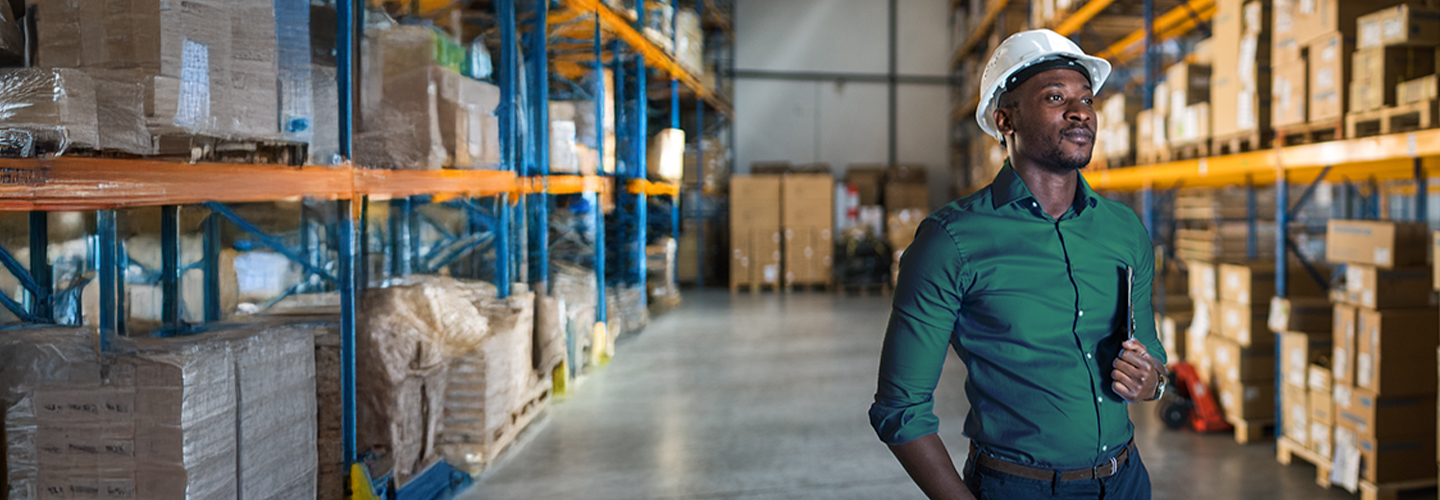Traders have been trying to simplify global payments since before the days of Marco Polo, the 13th century Venetian merchant famed for travelling and trading in Asia. Great advances have been made over the past 800 years, with recent efforts by the G20 setting out targets to meet the 4 challenges of simplifying and securing international trade payments. The so-called cross-border roadmap aims to improve the cost, speed, access to and transparency of international payments between consumers and businesses.
Global efforts like this are crucial to unlock international trade for many South African businesses looking beyond our borders to grow their revenue. Streamlining these processes will take on greater significance once the African Continental Free Trade Agreement is fully operational. This initiative aims to lower trade barriers across the continent, for which streamlined cross-border payments are essential.
There are, of course, many more potential stumbling blocks when engaged in global trade. Here are some tips from our commercial banking experts on how to minimise your risk.
Build trusted partnerships to counter threats to global trade
Securing sales deals is difficult enough without having to worry about whether and when you’re going to get paid.
The most water-tight legal agreements and contracts are of little use if a foreign customer is unable or unwilling to pay, and the chances of a quick resolution are limited. You could rely on legal action, but this process can be costly, time-consuming and not always guaranteed to deliver the outcome you want.
You can reduce your risk of these types of problems by taking simple precautionary steps. The first of these is to build a relationship of trust and understanding with the other party. Strong relationships are central to any successful business partnership. Our partnership with Opportunity Network gives you access to a global networking platform to help you establish overseas networks and find trading opportunities for your business.
It’s not worth placing your business at risk by not doing the right checks with the necessary rigour
More than 44,000 international business owners in 140 countries use the platform, each carefully vetted by reputable banks. You can interact with any of them on this easy-to-use desktop or mobile platform, and filter business opportunities according to different factors like the size or type of transaction, geographical location, or specific industry.
Due diligence is essential before any deal
Your best defence against fraudulent, illegal or tainted business deals is to be certain the person or company you’re dealing with is a legitimate enterprise engaged in legitimate business.
While personal connections support the brokering of a deal, don’t be fooled into believing that a personal connection means you don’t need to undertake a thorough due-diligence process. These checks take on greater significance if there’s a chance that you could be dealing with sanctioned persons or companies listed on the Office of American Controls (OFAC) list, which is publicly available.
Business chambers and associations are a good source of local information to contact when doing your due diligence. Apart from these checks, it’s crucial that you also have valid and binding sales agreements with international clients.
It helps to set up processes for onboarding new international clients that allow you to gather and verify all the necessary information. Claiming ignorance would be a weak defence if your company were to be caught dealing with customers of ill repute, which in turn could taint your reputation.
The bottom line is that it’s not worth placing your business at risk by not doing the right checks with the necessary rigour. If you’re trading globally or are planning to do so, speak to Nedbank Commercial Banking to find out how you can shore up your due diligence checks.








